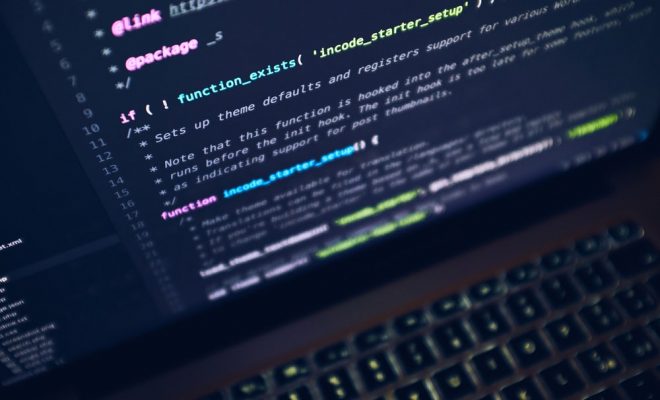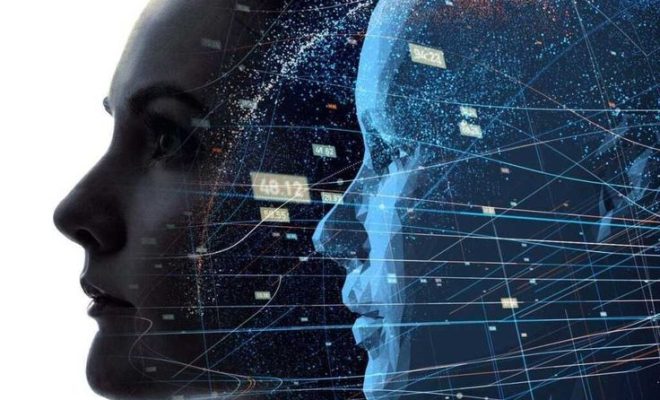4 Benefits of Adaptive Learning in Corporate Training

Adaptive learning is transforming education. It is changing the way learning content is delivered and contributing to better learning outcomes. What is adaptive learning exactly? Adaptive learning uses technology to deliver personalized learning by adjusting the path and pace of learning for each student, optimizing their chances of success.
Adaptive learning leverages artificial intelligence to tailor content to each learner’s needs. Specifically, the system adapts to the confidence level and level of understanding of each learner. Let’s look at the benefits of adaptive learning in corporate training.
1. Personalized training
The collaboration of computer science and cognitive research has led to adaptive learning and its ability to deliver a personalized, online teaching experience at scale. Adaptive learning doesn’t only create customized learning experiences for learners, but also provides personalized feedback. The technology uses algorithms to learn about the student’s needs and skill level and responds accordingly, which gives the impression of one-to-one instruction.
2. Saves time
With the course material adapted to the learner’s level of understanding and knowledge, no time is wasted with presenting material that is already familiar to the learner. Adaptive learning can cut the time it takes to complete a course in half. With this technique, students can focus on content that can make them better at their job, which translates into an overall improvement of the organization.
3. Establishes gaps in knowledge and skills
Corporations usually use a series of standardized tests that employees take every year. These are often check-the-box assessments, which are easy for employees to pass. On the other hand, adaptive learning uses a question-based approach, which effectively establishes what an employee knows and doesn’t know. The system then uses this data to create personalized learning content that addresses the knowledge or skills gaps that were discovered.
3. Confidence-based approach
A question-based approach builds confidence as it establishes the level of competence and then adapts the content to ensure full competence at the end of the training. This question-based approach also reveals conscious and unconscious incompetence. It’s one thing to claim that you know a certain process; it’s another thing to answer pointed questions about it. This approach reveals gaps in knowledge, and also reveals existing levels of confidence and further builds confidence over time.
4. Creates different learning experiences
Adaptive learning uses algorithms to adapt the learning experience for learners. For example, when a learner answers questions, the algorithms gauge the level of understanding of the learner and adapt the learning materials accordingly. Specific learning modules will then be provided to each employee based on the answers provided. The algorithms collect data on the progress of individual employees and accordingly create personalized goals for them. Each trainee ends up having a different learning experience, personalized for them.
5. Eases the training of diverse groups
Because adaptive learning adapts to each learner, this technology is ideal for the training of diverse learners. Adaptive learning adapts to all distinctions between learners, whether it originates from competency levels, age, experience, or tenure with the company.
6. Focuses on what needs to be learned
Adaptive learning technology reveals what a learner needs to focus on. The system then provides adapted material that focuses on what the employee needs to learn. This personalized content can include concepts, activities, and gamified content to ensure engagement and mastery of the material.
For corporate training, adaptive learning can help to establish effective and time-efficient learning experiences that are unique to each employee while contributing to positive business outcomes.




